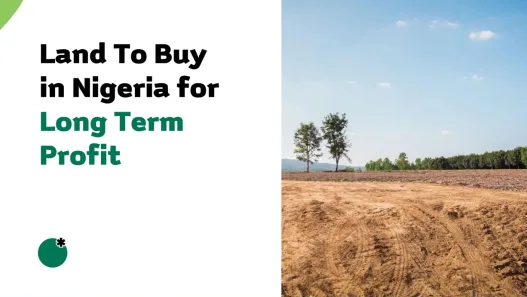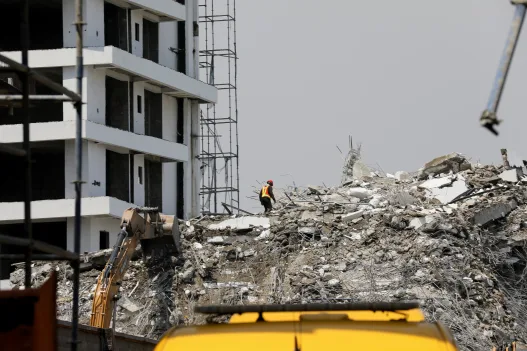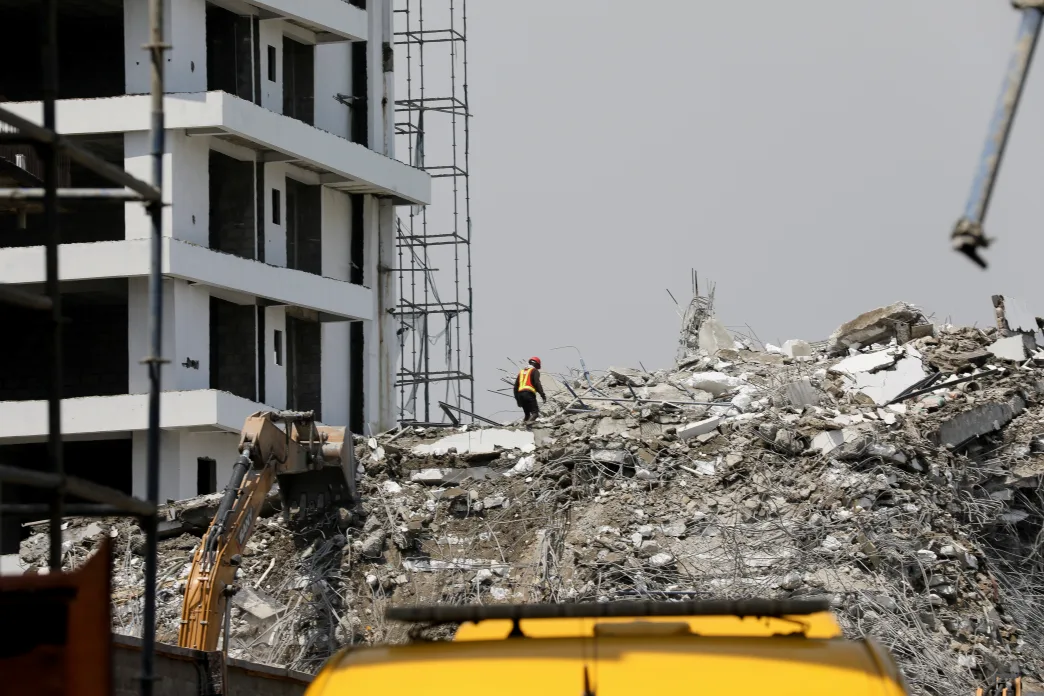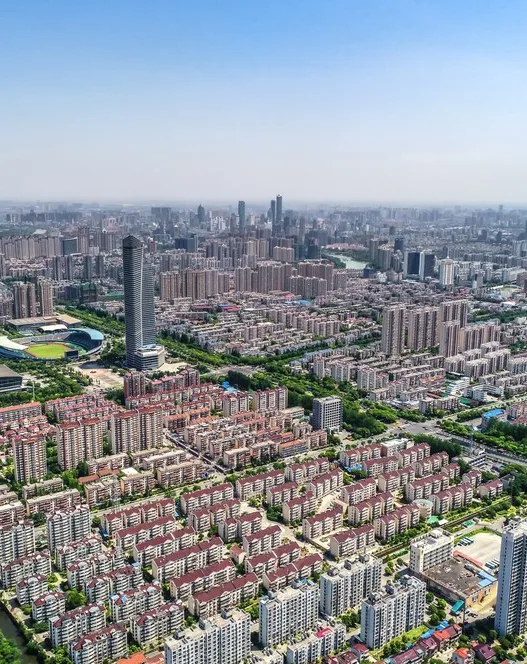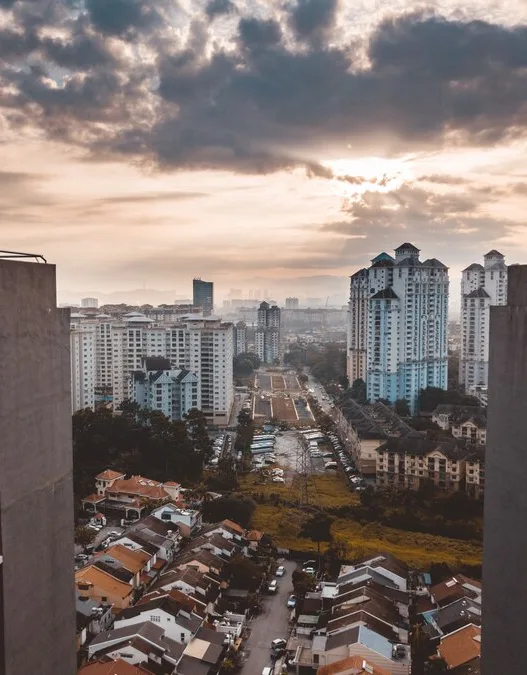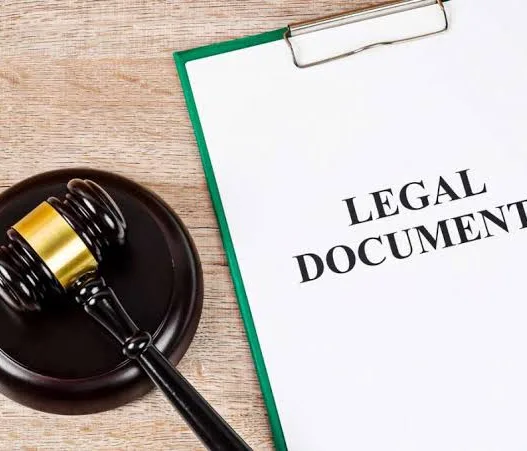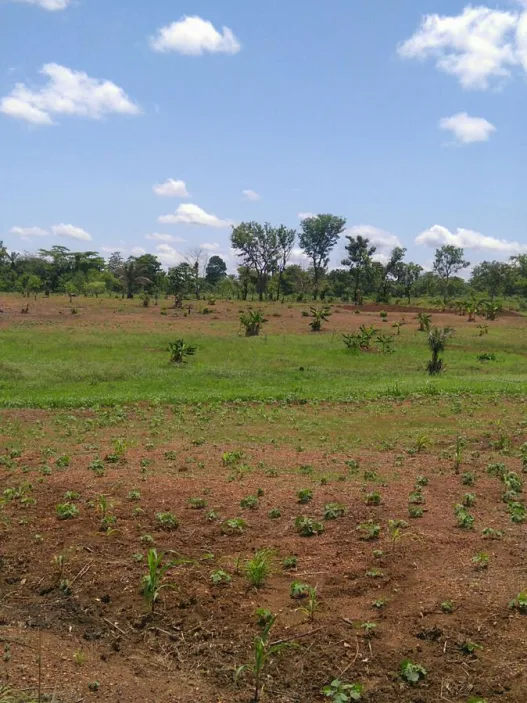Identifying the early warning signs of building collapse in Nigeria is crucial for preventing disasters that could result in loss of lives and property. Many buildings give subtle signs before they collapse, and recognizing these signs can make a huge difference. In this guide, we will explore the top six indicators that a building may be at risk of collapsing and what you can do to ensure your safety.
Why Buildings Collapse in Nigeria
Understanding the common causes of building collapse in Nigeria can help prevent future disasters. Here are some of the key factors:
- Poor Construction Materials: Many building collapses in Nigeria can be traced back to the use of substandard materials, which fail to provide the necessary strength and durability.
- Weak Foundation: If the foundation is not built according to specifications or is constructed on unstable soil, the risk of collapse increases.
- Inadequate Supervision: Without proper oversight during construction, mistakes can be made that compromise the building’s integrity. A lack of professional supervision is a common issue in many projects.
- Overloading: Buildings designed for certain capacities are often overloaded, particularly in commercial and residential structures. This leads to stress on the building’s structure, increasing the chance of collapse.
- Poor Maintenance: Regular maintenance is essential for the longevity of any building. Unfortunately, many buildings in Nigeria do not receive the required level of upkeep, leading to gradual deterioration and eventual collapse.
- Extreme Weather Conditions: Heavy rains, floods, and high winds—common in Nigeria—can weaken the structural elements of buildings, especially those that are poorly constructed or maintained.
Early Warning Signs of Building Collapse in Nigeria and What To Do
1. Visible Cracks in Walls and Floors
One of the most obvious early warning signs of building collapse is the appearance of visible cracks in walls and floors. These cracks often indicate structural weaknesses. In some cases, small cracks might seem harmless, but over time, they can expand, signaling that the foundation or structure of the building is failing. Buildings in Nigeria exposed to extreme weather conditions or poor-quality construction materials are especially vulnerable.
What to Do: If you notice cracks wider than 3mm, it’s important to have an expert assess the damage. Repairing cracks without addressing the underlying problem can lead to greater risks in the future.
2. Sagging or Uneven Floors
Another major warning sign of building collapse is sagging or uneven floors. When floors become uneven, it usually means there’s a problem with the foundation or structural support. This may be caused by soil movement, poor construction techniques, or heavy load on weak sections.
What to Do: If you notice floors that seem uneven or are sagging, stop placing heavy items on them and contact a professional immediately. An inspection can help determine if the building is safe or if urgent repairs are needed.
3. Leaning or Bulging Walls
Walls that are leaning or bulging are serious indicators of structural instability. In many buildings in Nigeria, poorly designed or constructed walls can start to lean or bulge under pressure. This often occurs due to moisture damage, soil pressure, or improper construction techniques. Over time, such walls can collapse without warning.
What to Do: A leaning or bulging wall should never be ignored. If you spot this, consult a structural engineer to assess the building’s integrity and provide recommendations for repair or demolition if necessary.
4. Foundation Problems
The foundation is the most critical part of any building. Foundation problems are a major early warning sign of a building collapse in Nigeria. These issues can arise from poor soil conditions, erosion, or inadequate foundation depth. Signs of foundation problems include cracks in the foundation, doors and windows not closing properly, and gaps around window frames.
What to Do: Early detection of foundation problems can save you from a potential disaster. Hire a professional to inspect your foundation if you suspect any damage, and avoid adding more weight to the building until the issue is resolved.
5. Persistent Water Leaks or Moisture Problems
Water leakage is often an overlooked warning sign. When water enters the structure of a building, it weakens the materials over time, causing damage to the foundation, walls, and floors. In Nigeria’s tropical climate, heavy rains can lead to moisture issues that accelerate deterioration. Persistent leaks are particularly dangerous because they promote mold growth and corrosion, which can lead to building failure.
What to Do: Fix leaks as soon as you detect them and ensure proper drainage around the building to prevent water damage. Regularly check the roof, gutters, and plumbing systems to avoid moisture buildup.
6. Unusual Sounds
Strange creaks, groans, or cracking sounds coming from the building can also indicate that the structure is under stress. These sounds often mean that parts of the building are shifting, expanding, or contracting in ways they shouldn’t. Over time, these movements can cause serious damage, especially in older buildings in Nigeria that may have been poorly maintained.
What to Do: Don’t ignore unusual noises coming from walls, ceilings, or floors. Investigate the cause immediately and contact a building inspector if you suspect that the noises are related to structural issues.
How to Prevent Building Collapse in Nigeria
Preventing building collapse requires proactive steps during both the construction phase and the life of the building. Here’s how to minimize risks:
- Use High-Quality Materials: Always ensure that materials meet the required standards for the building’s design.
- Hire Certified Professionals: Engage certified engineers and architects for planning and supervision to avoid common construction mistakes.
- Regular Inspections: Schedule regular inspections of your building to detect any potential issues early, especially after extreme weather events.
- Limit Loads: Avoid placing excess weight on the building, whether it’s through additional floors or heavy equipment.
- Ensure Proper Drainage: Keep water away from the foundation by ensuring good drainage around the building.
- Follow Building Codes: Adhering to local building codes and regulations will go a long way in ensuring the structural safety of your building.
Conclusion
The early warning signs of building collapse in Nigeria are not to be ignored. From visible cracks to unusual sounds, each indicator provides valuable information that can help prevent catastrophic failure. By staying vigilant and taking action when necessary, we can reduce the number of building collapses and safeguard lives and property across the country. Regular maintenance, proper construction practices, and timely repairs are the keys to ensuring the long-term safety of any structure.
Get the best of Real Estate delivered straight to your inbox weekly.
Real Estate updates the way you want it.





